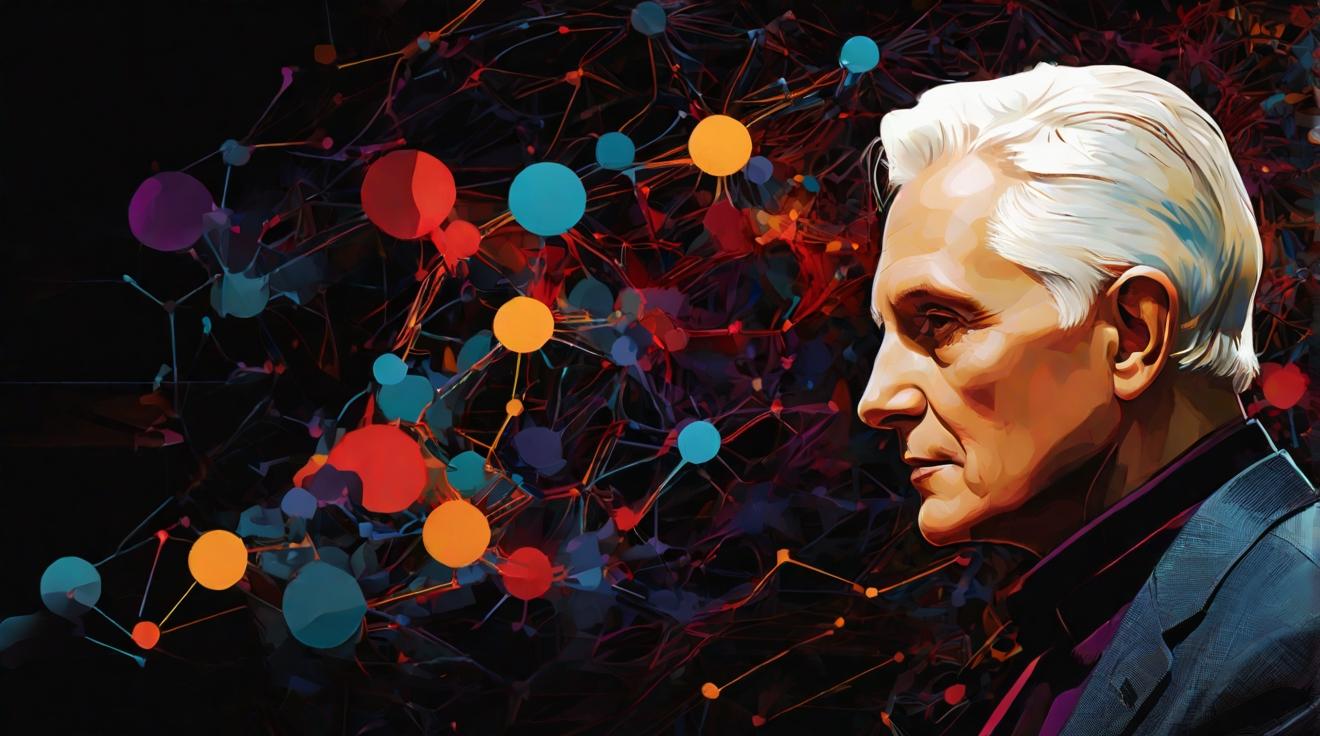The Pope’s Late Warning on AI: Are We Becoming Numbers in the Digital Sphere?
In a timely message for this year’s World Day of Peace, Pope Francis addressed the pressing concerns surrounding artificial intelligence (AI) and its potential impact on humanity. The theme of “Artificial Intelligence and Peace” delved into the urgent questions and consequences of ever-progressing digital technologies, highlighting the need to maintain control and not lose ourselves in the pursuit of absolute freedom.
The Pope’s message touched on the dangers of a “technological dictatorship,” where humans risk being overshadowed by their own creations. This eerily echoes the words of the late Joseph Ratzinger, who predicted over 50 years ago the rise of the digital sphere and its threat to overpower its human inventors.
In 1973, Father Ratzinger delivered Lenten sermons at St. Emmeram Church in Regensburg, later published in the Ignatius Press volume, The God of Jesus Christ: Meditations on the Triune God. In these sermons, Ratzinger highlighted the fundamental conflict between living a Christian life and the march of modernity.
Ratzinger drew on Exodus, where God revealed his name to Moses – “I am who I am” – emphasizing the importance of a personal and tangible connection with God. In contrast, Ratzinger warned against the dehumanizing effects of the digital revolution, drawing parallels to the “beast” in the Book of Revelation, represented by the number 666. Ratzinger saw the concentration camps as a haunting reminder of how reducing individuals to numbers strips them of their humanity.
The future pope warned that in a world where functions are all that exist, humans become nothing more than functions themselves. As AI advances, mankind risks being rendered irrelevant, reduced to numbers that serve the digital realm. Ratzinger’s message becomes even more prophetic as we witness the increasing influence of AI in our daily lives.
While technology is meant to serve humanity, there are concerns about its potential impact on marginalized and vulnerable communities. As AI becomes a normal part of society, it is crucial to consider how it may further marginalize the less fortunate and exploit the weak.
Ratzinger’s message serves as a reminder to keep our focus on the human aspect and to prioritize the well-being of individuals over the convenience and efficiency AI promises. In the face of the storm of relativism, Ratzinger urges us to keep our gaze fixed on the name of God and the person of Jesus Christ, offering solace and hope amidst the challenges of an increasingly digital world.
As AI continues to advance, it is paramount that society does not lose sight of the human element. The late Pope’s warning serves as a timely reminder to prioritize human connection and empathy in the face of ever-progressing technology.
Analyst comment
Neutral
As AI continues to advance, society must prioritize human connection and empathy. The late Pope’s warning is a reminder of the importance of the human element in the face of technology. The market will continue to embrace AI, but there will be increased focus on responsible development and ensuring the well-being of individuals.













